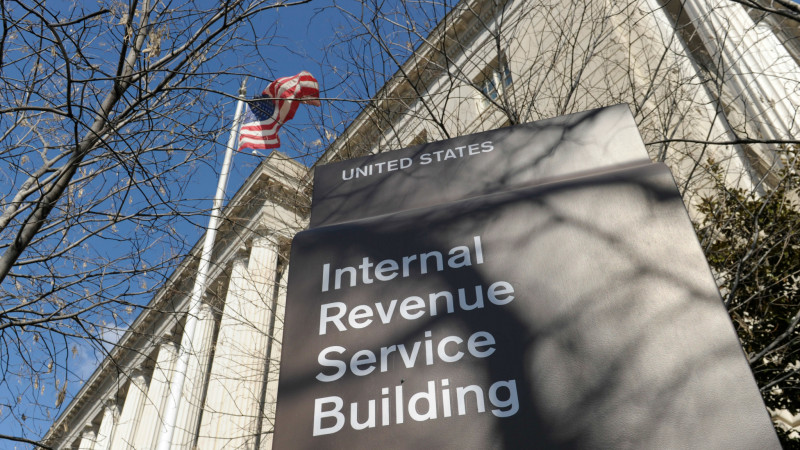Background
Amendment 3 would provide that every Alabama citizen has a fundamental right to bear arms and that any restriction of this right would be subject to strict scrutiny. The legislation was introduced by Representative Mike Jones (R-Andalusia) during the 2013 session. It passed the House by a vote of 76-22 and the Senate by a vote of 25-4.
Article I, §26 of the Alabama Constitution currently provides that every citizen has a right to bear arms in defense of himself and the state. The Second Amendment of the U.S. Constitution also protects the right to bear arms and in a 2010 case, McDonald v. City of Chicago, the U.S. Supreme Court affirmed that the Second Amendment does apply to the states under the Fourteenth Amendment’s Due Process Clause. In the same case, the U.S. Supreme Court also reaffirmed that the right to keep and bear arms is a fundamental right. The distinction of a right as fundamental means that the court must apply the highest or strictest level of scrutiny to any government action that interferes with the right in question.
Issue Snapshot
- The Alabama Constitution currently protects the right to bear arms in Article I, Section 26.
- The purpose of this amendment is to raise the level of scrutiny that a court would give any legislation or law that infringes upon a citizen’s right to bear arms. This is achieved by designating the right to bear arms as a fundamental right in the Alabama Constitution.
Purpose of the Amendment
While Alabama’s Constitution already protects a citizen’s right to bear arms, this amendment would ensure that an Alabama court uses the highest level of scrutiny in considering the constitutionality of laws that infringe on a citizen’s right to bear arms. Under this high level of scrutiny, the court would presume that a law limiting the right to bear arms was unconstitutional.
This presumption could only be overcome if the state could show that the law is
- necessary to achieve a compelling interest.
- that the law was drafted in the narrowest way possible to achieve that interest.
Adoption of the amendment would not mean that all laws restricting gun rights would necessarily be deemed unconstitutional. In 2012, the State of Louisiana adopted an identical constitutional amendment, yet in a case earlier this year, the Louisiana Supreme Court let stand a law banning the possession of firearms for ex-felons. The court held that the state had a compelling interest in public safety and that the ban was narrowly tailored to meet that interest.
The driving force behind Amendment 3 is the growing concern at the federal level that courts have become more lenient and may back away from applying strict scrutiny to Second Amendment challenges. Lower federal courts continue to be split on the implications of
two landmark decisions – District of Columbia v. Heller5 and McDonald v. Chicago6 – protecting the fundamental right to own a firearm and the Supreme Court has not weighed in on any appeals since 2010. Furthermore, the Supreme Court’s decisions in Heller
and McDonald were decided 5-4. This means that one new appointment to the U.S. Supreme Court could change its interpretation of the Second Amendment as a fundamental right altogether. Knowing this, states like Louisiana have opted to put in an added layer of
protection to the right, explicitly requiring courts to apply strict scrutiny to laws that infringe upon a citizen’s right to bear arms.
Courtesy of the Alabama Policy Institute




